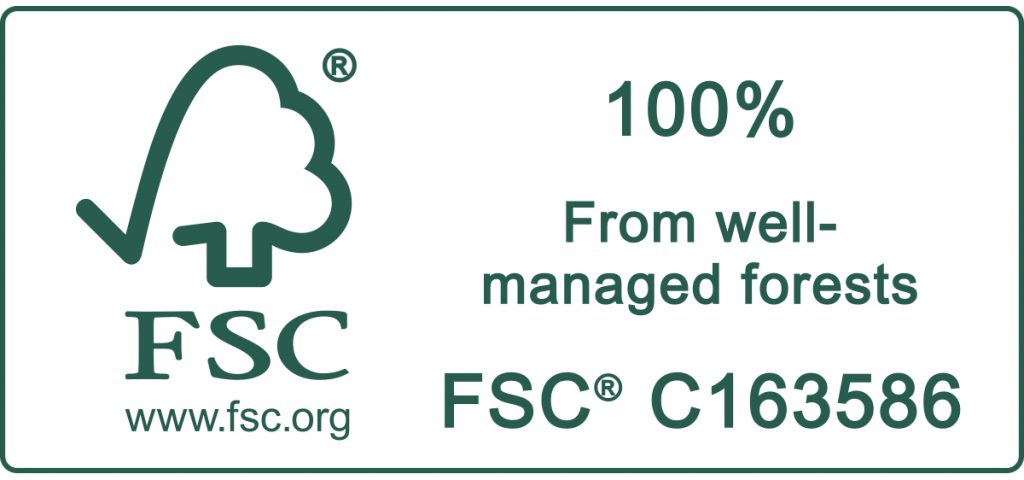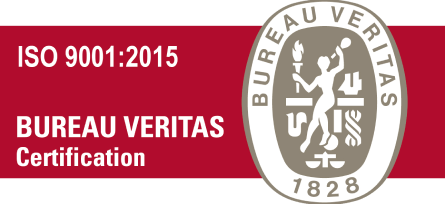When it comes to the sourcing process, there are three pre-contract award stages that play a crucial role in ensuring a successful outcome. These stages are:
In the preparation stage, organizations gather information and conduct market research to identify potential suppliers or contractors. This stage involves defining requirements, evaluating risks, and creating a sourcing strategy. It is essential to have a comprehensive understanding of the project’s scope and objectives to ensure a successful sourcing process.
Once the preparation stage is complete, the negotiation stage begins. This stage involves engaging with potential suppliers or contractors and discussing terms and conditions. The negotiation process aims to reach a mutual agreement that satisfies both parties involved. In some cases, organizations may need to refer to a voluntary marriage separation agreement to outline specific terms in a legally binding manner.
After successful negotiations, the selection stage follows. This stage entails reviewing proposals, conducting supplier evaluations, and ultimately choosing the most suitable candidate. Organizations may refer to various resources like highest paid NFL contract per year data to make informed decisions. It is crucial to consider factors such as cost, quality, and delivery timelines when selecting a supplier or contractor.
Throughout the entire sourcing process, ensuring safety and security is paramount. For contractors involved in financial transactions, organizations must evaluate the safety of payment methods such as Zelle. To learn more about the safety of Zelle for contractors, visit this link.
In conclusion, the three pre-contract award stages of the sourcing process, namely preparation, negotiation, and selection, are vital for achieving successful outcomes. By following these stages and considering relevant agreements, like a voluntary marriage separation agreement or a sample letter to renew contract of lease, organizations can navigate the sourcing process effectively. Additionally, utilizing helpful resources, such as examples of multilateral trade agreements can aid in making informed decisions. By prioritizing safety and security, organizations can ensure a smooth and successful sourcing process.





